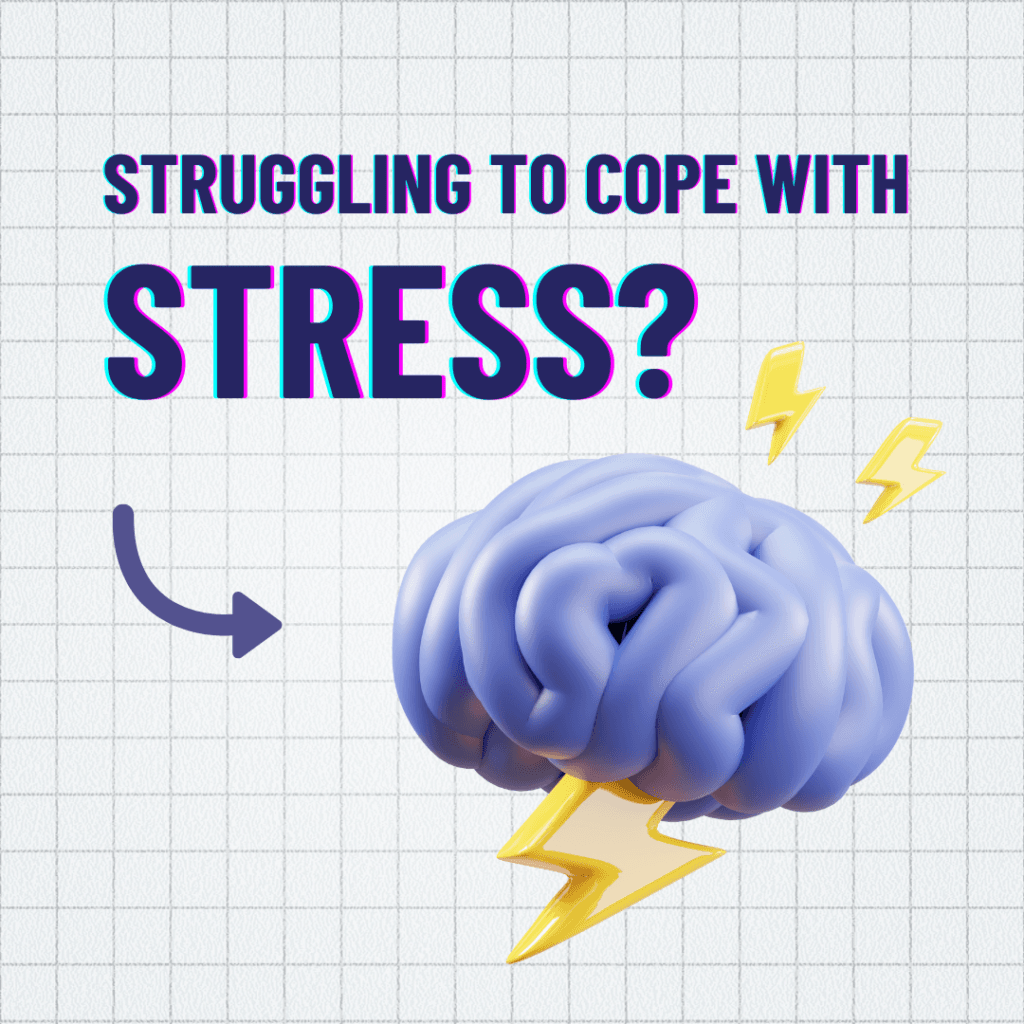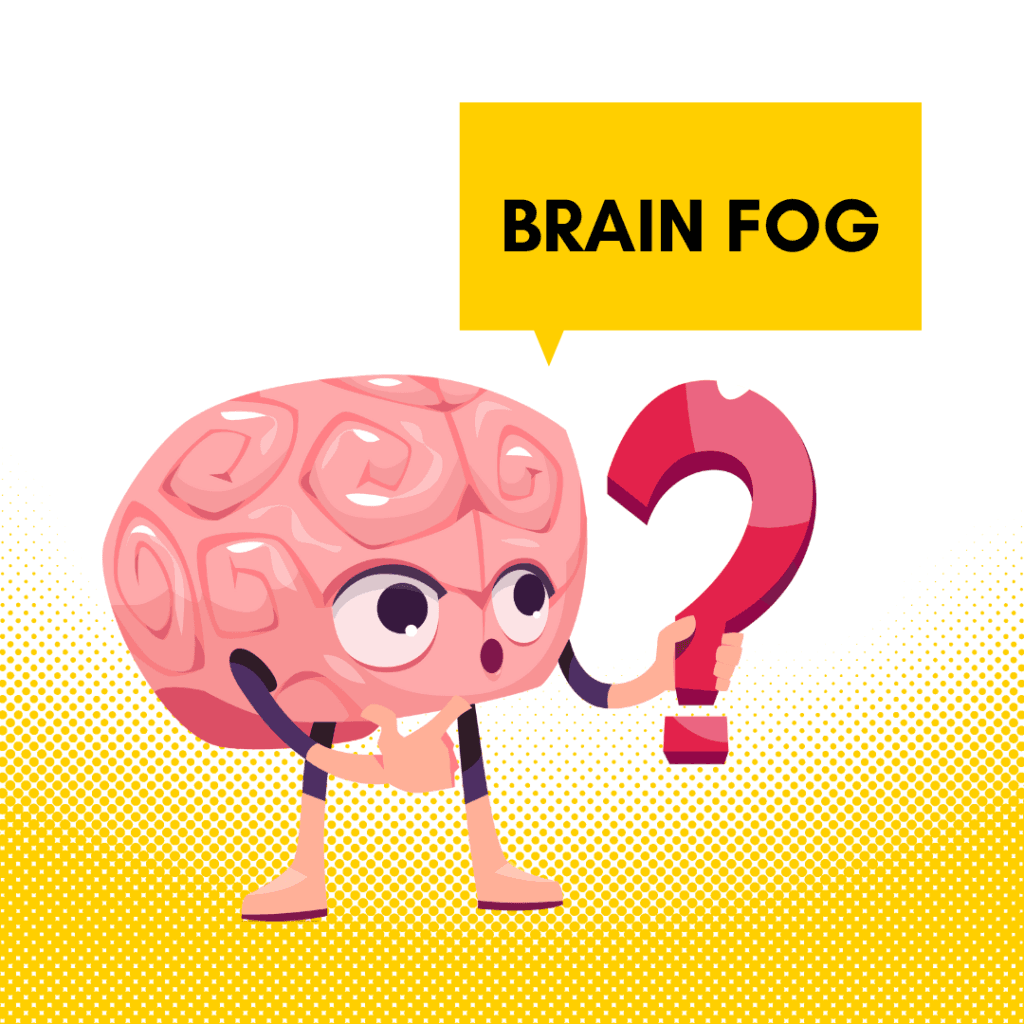In today’s fast-paced world, many of us find ourselves juggling multiple responsibilities, dealing with constant stressors, and struggling to maintain a sense of balance. Over time, this chronic stress can take a toll on our bodies, particularly on the adrenal glands, which play a crucial role in managing our body’s stress response. Adrenal fatigue, although not a recognised medical diagnosis, is a term used to describe a cluster of symptoms associated with prolonged stress and dysfunction of the adrenal glands. In this article, I will explore the signs of adrenal fatigue, its potential impact on health, and practical strategies for supporting adrenal health and recovery.
Signs of Adrenal Fatigue:
Adrenal fatigue is characterised by a combination of physical, emotional, and behavioural symptoms that often manifest gradually over time. While these symptoms can vary from person to person, some common signs of adrenal fatigue include:
- Chronic Fatigue: Persistent fatigue that is not relieved by rest or sleep is a hallmark symptom of adrenal fatigue. Individuals with adrenal fatigue often feel exhausted upon waking and struggle to maintain energy levels throughout the day.
- Difficulty Coping with Stress: Adrenal fatigue can impair the body’s ability to respond to stress effectively. Individuals may feel overwhelmed by even minor stressors and have difficulty coping with everyday challenges.
- Sleep Disturbances: Adrenal fatigue can disrupt the body’s natural sleep-wake cycle, leading to difficulty falling asleep, staying asleep, or waking up feeling refreshed. Insomnia, restless sleep, or waking up frequently during the night are common symptoms.
- Weight Changes: Adrenal fatigue can impact metabolism and appetite regulation, leading to weight gain or difficulty losing weight, particularly around the abdomen. Some individuals may experience cravings for sugary or salty foods.
- Mood Swings: Fluctuations in cortisol levels can affect mood and emotional well-being. Individuals with adrenal fatigue may experience mood swings, irritability, anxiety, or depression.
- Brain Fog and Memory Issues: Adrenal fatigue can impair cognitive function, leading to difficulty concentrating, poor memory, and mental fog.
- Muscle Weakness and Aches: Adrenal fatigue may contribute to muscle weakness, joint pain, and generalised body aches.
What to Do About Adrenal Fatigue:
While adrenal fatigue is not recognised as a distinct medical condition, addressing its underlying causes and supporting adrenal health can help alleviate symptoms and promote overall well-being. Here are some strategies for managing adrenal fatigue:
- Reduce Stress: Stress reduction is paramount for supporting adrenal health. Incorporate stress management techniques such as mindfulness meditation, deep breathing exercises, yoga, or tai chi into your daily routine.
- Prioritise Sleep: Aim for 7-9 hours of quality sleep each night and establish a regular sleep schedule. Create a relaxing bedtime routine, limit screen time before bed, and create a comfortable sleep environment.
- Balanced Nutrition: Focus on a balanced diet rich in whole foods, including fruits, vegetables, lean proteins, and healthy fats. Avoid excessive consumption of caffeine, sugar, and processed foods, which can further stress the adrenal glands.
- Supplement Support: Certain supplements may help support adrenal function and reduce symptoms of adrenal fatigue. These include adaptogenic herbs such as ashwagandha, rhodiola, and holy basil, as well as nutrients like vitamin C, B vitamins, and magnesium.
- Regular Exercise: Engage in regular physical activity to reduce stress, boost mood, and support overall health. Choose activities you enjoy and incorporate both cardiovascular exercise and strength training into your routine.
- Seek Professional Guidance: If you suspect you may be experiencing adrenal fatigue, consult with a healthcare professional for proper evaluation and guidance. They can help rule out other underlying health conditions and develop a personalised treatment plan tailored to your needs.
Final Thoughts:
Adrenal fatigue is a complex condition that can have a significant impact on physical, emotional, and mental well-being. By recognizing the signs of adrenal fatigue and taking proactive steps to support adrenal health, you can regain energy, reduce stress, and improve overall quality of life. Prioritize self-care, listen to your body, and seek support from healthcare professionals as needed on your journey to recovery. With patience, perseverance, and a holistic approach to wellness, you can overcome adrenal fatigue and thrive once again.





2 comments